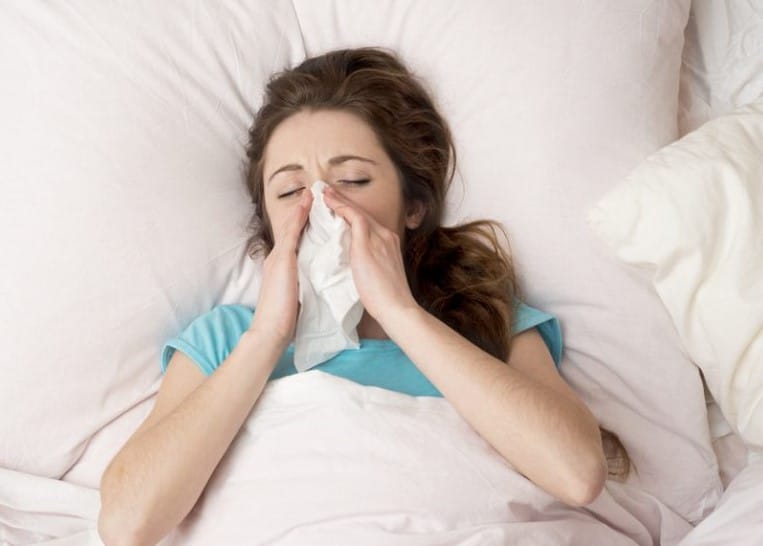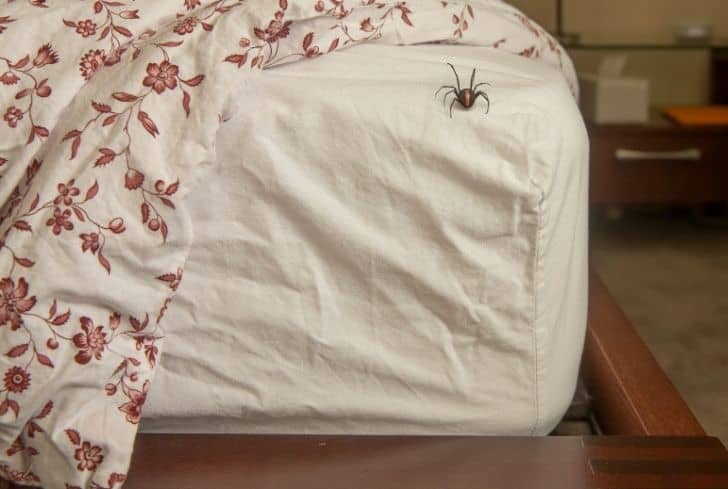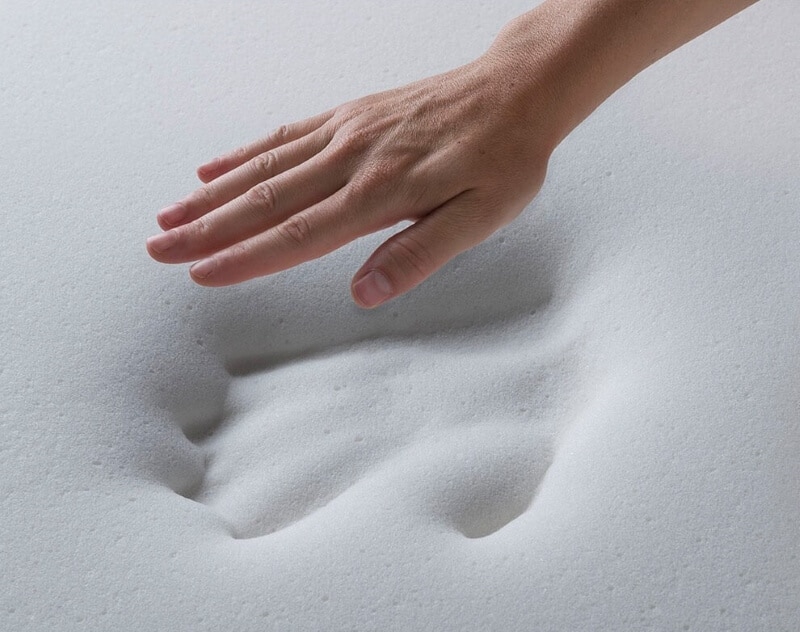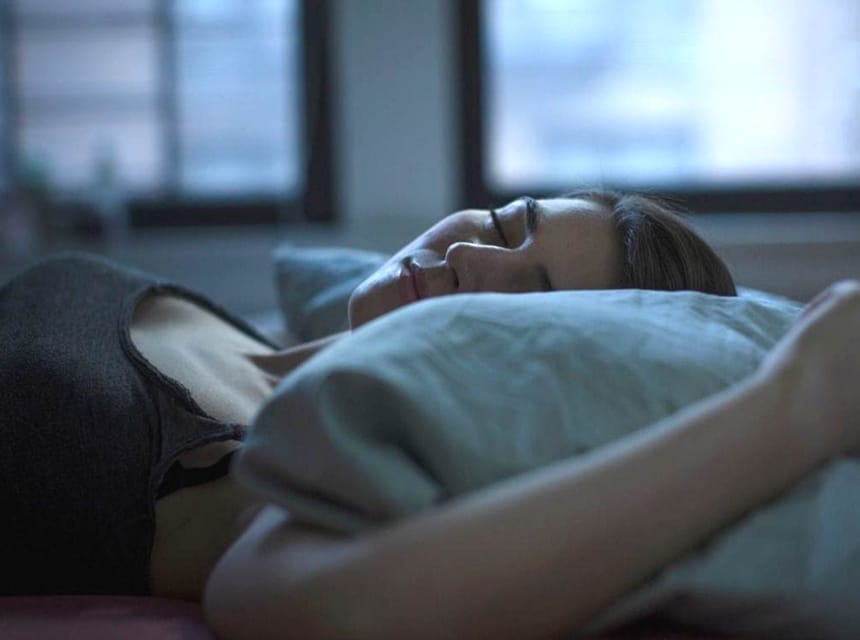

A large number of the world’s population is troubled with not getting enough quality sleep, which has to do with their sleep hygiene. People with poor sleep hygiene usually have trouble falling asleep, frequent sleep interruptions, and feeling sleepy during the day, leading to low performance in daily tasks and, consequently, chronic diseases.
However, all these adverse effects can be avoided by practicing good sleep hygiene techniques that will naturally induce sleep. Good sleep hygiene has to do with putting yourself in the best possible situation to sleep properly. You can create a suitable atmosphere that naturally invites sleep by designing your sleep schedule, performing your pre-bed routines, and creating a comfortable bedroom environment.
Sleep hygiene definition is not far-fetched. It is simply the sleep routines that make you fall asleep and stay asleep throughout the night. The kind of sleep you get each night is determined by your frequent sleep hygiene during the day. Sleep hygiene also has an impact on your physical and mental health.
Fortunately, we have a fantastic gift of making our routines end up serving our long-term desires, so creating a comfortable environment and set of habits that support our desires can be really beneficial.
There are a number of sleep hygiene activities and tips that can help you fight off insomnia (not getting enough quality sleep).
One of the good sleep hygiene tips is to have a conducive environment that provides comfort and induces sleep. A clean environment and a comfortable sheet to lie on go a long way to determine the kind of sleep you will have as they are the first thing you see and touch when you decide to sleep. According to most reviews, Layla mattress and Molecule Percale sheets are the best, coolest, and sleep-inducing materials to lie on.
Other activities and tips on how to improve sleep hygiene are:
It would help if you had a fixed time when you go to sleep. Whether it’s a weekday or a weekend, ensure that you sleep and wake up at the same time or almost the same time. It builds consistency. Your body system gets conformed to this routine, and over time, you get to sleep naturally when it’s the set time.
The temptation to skip this routine might come up; it could even be worse on weekends as you might want to socialize till dawn but ensure that nothing stops you from sticking to the set time. Prioritize sleep!
The set of things you do before going to bed plays a significant role in the amount and quality of sleep you will get and how you behave when you wake up. You have to note things that make you feel sleepy and if you can’t think of any, develop new ones. Do these activities regularly when you feel the need to sleep, and in no time, sleep will come knocking.
It could be brushing your teeth, taking your bath, wearing your pajamas, reading a boring book, dimming your light, unplugging your gadgets, meditation, etc. A consistent practice of these activities sends a message to your mind that it’s time for bed.
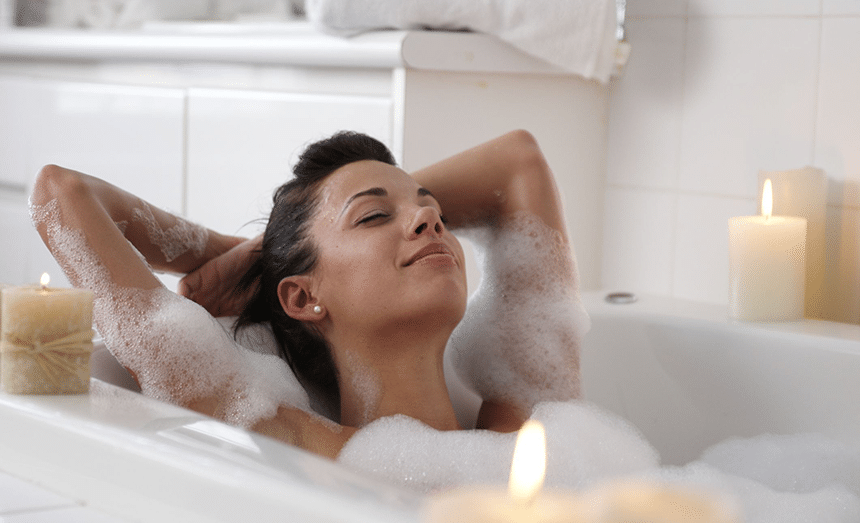
Research shows that having a hot bath before bedtime can help you fall asleep faster. The water from the shower lowers your body’s temperature, allowing you to sleep at a cooler temperature. The reduction in your body temperature serves as a cue to your body that it is time to retire for the night.
However, ensure that the time you take your bath and your bedtime is not too close because there won’t be enough time for your body to chill down, which can have negative consequences.
Electronic devices, when in use, produce blue light, which may reduce melatonin production and provide mental stimulation that is difficult to turn off.
When you use these gadgets on the bed, you create a sense of wakefulness, and it will go deeper than the only or few times that you do it.
Avoid using your gadgets, be it your cell phone, laptop, or TV, while on the bed. The bed is squarely for sleep and sex, so it has to remain like that, else it will get linked to other things that will take away the consciousness of sleep.
Strolling on the streets at night sometimes provides calmness and relaxation. The walk on the lonely and silent street permits you to weigh what you did in the day, think about future obstacles, and how you can overcome them.
After this quick evaluation, you get tired and seek to retire to bed with the satisfaction that you’ve accomplished something in the day. The satisfaction you derive from doing your day’s evaluation does not just make you feel fulfilled; it also makes you have nothing to think about as you go to bed, thus a long night’s rest.
One thing you should not do is to halt or avoid doing your daytime activities because you are feeling tired since you had a bad night’s rest. If you do this, you will end up distorting your sleep schedule, and it will affect the progress that you’ve made.
Furthermore, if you falter in sticking to one or two sleep hygiene habits, don’t let it affect others.
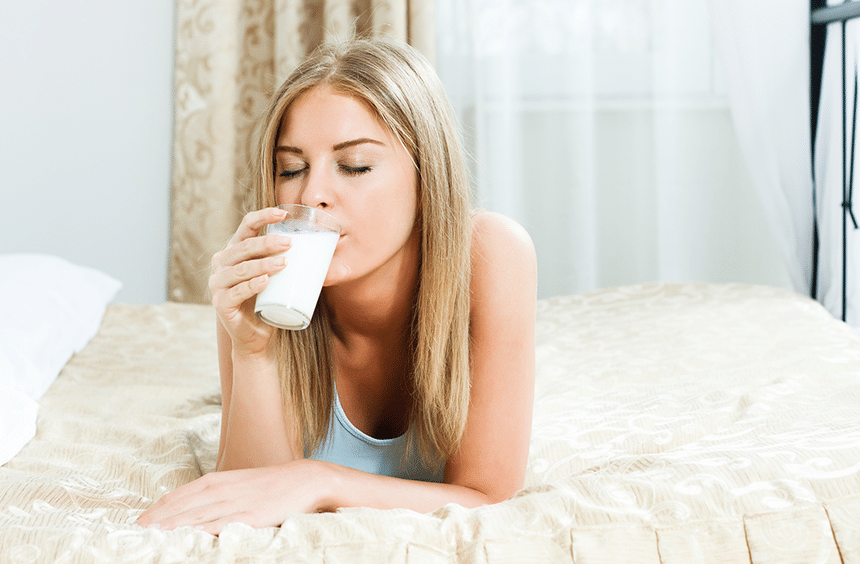
Even though heavy foods make you feel tired and willing to sleep, they take too much time to digest, interrupting your sleep. You will probably wake up in the night because of the discomfort it brings.
However, a portion of healthy food should be taken at night, especially if you can’t sleep with an empty stomach. Anything you eat should be light and don’t consume too much of it. A snack or a warm glass of milk is more advisable. Eat like a poor man at night if you want quality sleep!
Some pets become active and aggressive at night, waking you up and disrupting your sleep. Even while it is common to experience sleep disruptions from time to time, persistent disruptions can lead to more serious difficulties such as the inability to go back to sleep, remain asleep, or tossing and turning throughout the night when you need undisturbed sleep.
Anything that will disturb your sleep at night should be avoided. Don’t let pets into your bed as there is every tendency that they will disturb you from having enough quality sleep.
A lot of people believe that alcohol makes them relaxed and sleepy. Well, it may make you feel dizzy and sleepy but disrupts your sleep after it has worn off. You will wake up and find it challenging to sleep afterward.
You should avoid any substance that has caffeine like coffee, tea, chocolate, etc. It would be best to do away with cigarettes as it is related to many sleeping disorders.
Caffeine and cigarettes are stimulants, and their effects might linger for some hours after consumption. They can disrupt sleep and make it hard to fall asleep.
Do away with foods that cause heartburn Trusted Source Sleep | Harvard Health Overview of sleep problems in adults and what to do about them. www.health.harvard.edu as they don’t just damage your body; they keep your eyes open and you active throughout the night.
Noise makes you feel uncomfortable and takes away the rest that you seek. So, if you want to have a good sleep, block out all kinds of noise causative factors. Put off any appliance in your home that makes any form of sound. There should be perfect decorum as it will ensure that you stay asleep.
If the noise control is not within your power, you can get any of these headphones or earplugs as they will block out any background and annoying sounds. They provide optimum comfort as you sleep.
An offensive smell is a no-no for quality sleep. No matter the kind of sheet you use or the atmosphere of your bedroom, the odor will prevent you from being comfortable.
Use sprays with light smells. They help to develop a positive sleep environment by inducing a calmer state of mind.
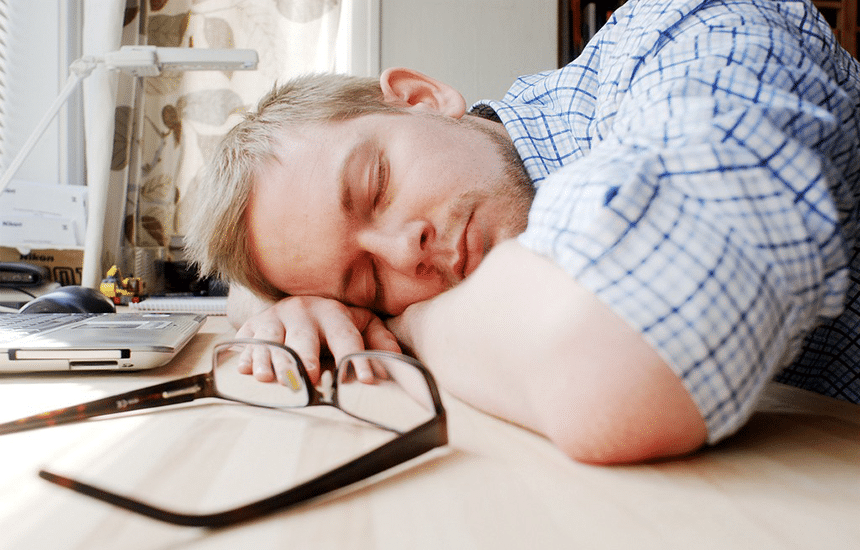
Daytime naps are a tricky means of sleeplessness at night. They dethrone nighttime sleep. Daytime napping reduces the amount of sleep required at night, contributing to difficulty falling asleep at night and sleep fragmentation.
However, they can’t be avoided at all times, so even if you are going to sleep during the day, make them very short and ensure it’s before 3 pm.
An open window allows natural ventilation, which in turn cools the room and improves sleep. With cool air circulating the room, there will be a reduced carbon dioxide level; you will sleep more peacefully and wake up only a few times in the middle of the night. So, open your window to ensure that there is enough air circulating your room.
Did I mention that the decision to sleep or not has to do with the mind? Yes, it does. Signals are sent to the mind based on what you see and hear. You might remain awake if you are a person who keeps looking at the time when you are yet to fall asleep.
A message is being sent to your mind based on the time you see on the clock, and if it’s past your bedtime, you begin to have worries as your mind will be engaged with the thoughts of “when will I finally fall asleep, would I wake up at the supposed time if I sleep now, or I hate the fact that I’m still awake by now.”
So, ensure that you turn the clock away from your eyes, and if it is fixed at a point, put off the light in the room so that you won’t see what it says.
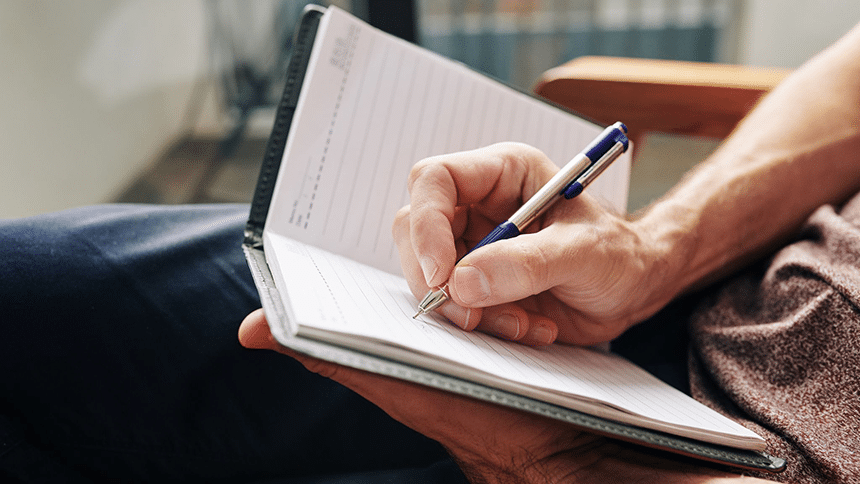
You should have a diary that contains your activities as to having a good sleep. It helps you keep a tab with time, your schedule, and it makes you have facts about your sleep routine rather than assumptions.
The diary should also contain the limitations and progress you’ve encountered in your journey to sleeping better. This will help you to know the necessary adjustments that are to be made. You will be able to mark your sleep hygiene checklist as developments occur. A sleep tracker is a plus as it will help you know if you are getting enough quality sleep or not. Appraisal promotes the ability to function better!
Another insomnia sleep hygiene is to do boring things. If you have difficulty sleeping when you’ve laid on the bed for a while, get up and do something(s) boring until you are tired and sleepy. Then, go back to bed and try again. Sleep this time usually comes with ease.
One thing you should not also do while trying to sleep is forcing yourself. Don’t toss and turn on the bed seeking the best position to put yourself when you know that sleep is not coming soon. Rather, get up and stretch, read, or do something else relaxing in low light before attempting to sleep again. Go to bed when your body gives you a sign that it’s time.
The core premise of sleep hygiene is that your environment and habits will be modified for better sleep. It applies to everyone, but what constitutes optimum sleep varies depending on the age group – kids and adults.
Kids are known to sleep for long hours and with little or no sleep fragmentation. Sleep hygiene for kids is essential as getting enough sleep is a significant determinant of academic excellence Trusted Source Importance of Sleep & Effects of Sleep Deprivation on College Students |AASM The best way to maximize performance on exams is to study and get a good night’s rest. www.aasm.org . Not only that, but their growth rate is also affected by the number of hours of sleep they get.
Sleep duration changes as a person ages. Older people tend to sleep for fewer hours; they also have more sleep fragmentation as they wake up on an average of 3 to 4 times Trusted Source Aging changes in sleep | MedlinePlus Medical Encyclopedia Most people find that aging causes them to have a harder time falling asleep. They wake up more often during the night and earlier in the morning. medlineplus.gov every night. However, they must ensure that they have a quality sleep no matter the amount of time they spend awake.
At old age, their body system is more fragile, making them very liable to all kinds of diseases. However, researchers have proven that good sleep is a natural and cost-effective way to conquer all kinds of health issues that might want to spring up. Good sleep elongates one’s lifespan!
To prevent dizziness, sluggishness, and sickness, you have to sleep well. Good sleep hygiene makes you sharp and reacts to the challenges of life with immediate countering energy. People who sleep and rest well tend to be more successful and live long to enjoy their success
In this article, several activities and tips on how to improve sleep hygiene were discussed. You will do yourself a lot of good if you begin to inculcate them and make them a habit. However, the tips are not limited to this. You can include anything that makes you feel comfortable and sleep well.
